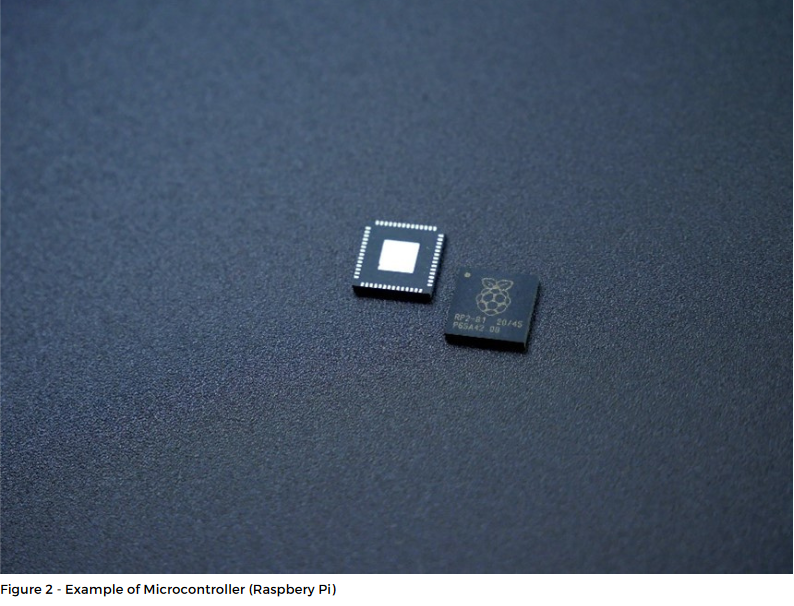Sustainable Engineering Development is an engineering approach that focuses on designing and developing sustainable solutions to address societal and environmental challenges and aims to create innovative, efficient, and effective solutions that
minimise negative impacts on the environment, promote social equity, and contribute to economic prosperity. Thus, its interest in microcontrollers lies in the advantages that they can have on sustainable engineering practices, such as:
- Energy Efficiency: Microcontrollers are designed to consume low power, making them suitable for battery-powered and energy-efficient systems. This energy efficiency is crucial for sustainable engineering applications that aim to minimise energy usage and reduce carbon footprint.
- Compactness: Microcontrollers are small and can perform complex tasks with minimal external components. This compactness is essential for developing sustainable engineering solutions that require small form factors, such as wearable devices, smart sensors, and portable systems.
- Flexibility: Microcontrollers are programmable devices that can be easily customized to meet specific application requirements. This flexibility allows engineers to design sustainable engineering solutions that are tailored to specific needs, optimising resource usage and minimising waste.
- Cost-effectiveness: Microcontrollers are relatively inexpensive, making them accessible for sustainable engineering development in various sectors. This costeffectiveness is crucial for developing sustainable, affordable, scalable engineering solutions, especially in developing countries.
Making use of these advantages, Sustainable Engineering Development can use microcontrollers to design and develop sustainable engineering solutions in various domains, including renewable energy, smart buildings, sustainable transportation,
environmental monitoring, and recycling and waste management.


